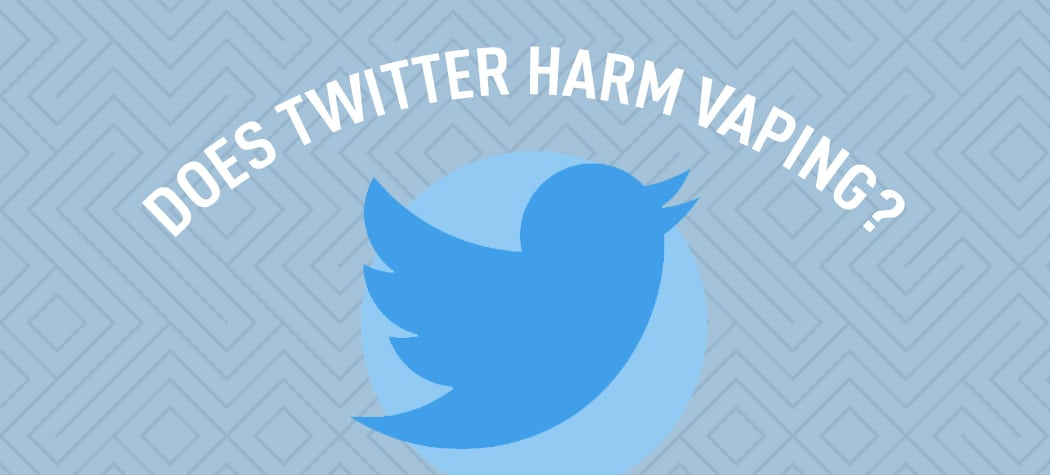Vaping News, Industry Research
Does Twitter Harm Vaping?
While Twitter can be great for the sharing of information, researchers have looked to see if it dissuades smokers from switching from smoking tobacco to using UK e-liquids and e-cigarettes.
Twitter can be a great way for sharing or finding information. Much in the news since Elon Musk’s takeover, the social media platform is now courting controversy due to the findings of a research paper. A team of academics looked to see if messages posted on Twitter dissuade adults from switching smoking tobacco for UK e-liquids and e-cigarettes and their findings are troubling.

What is Twitter?
Seriously? Twitter is a micro-blogging platform where users can type up to 280 characters. Many anti-smoking campaign organisations use it to share information with the public but problems can arise from some individuals and groups not being truthful.
What do they say?
They make claims about e-liquids and vape products being bad, based on poor science, rejected research papers, or nefarious reasons.
What would they do that?
Some are ideologically opposed to tobacco harm reduction (the use of nicotine-containing products that are safer than cigarettes), preferring that everyone didn’t use any nicotine product.
Others are motivated by a large amount of money they can attract by opposing electronic cigarettes from a billionaire who is ideologically opposed to tobacco harm reduction.
What was this research about e-cigs and Twitter?
Digital Health journal has published “Effects of brief exposure to misinformation about e-cigarette harms on Twitter on knowledge and perceptions of e-cigarettes”.
The study was run by a team of British and American researchers.
Are they reliable?
Well, surprisingly, one of the team members has been vociferously opposed to e-liquids and vape products, publishing many critical studies. This is what makes their findings all the more surprising.
Surprising?
To start with, they acknowledge that vaping is safer than smoking, repeating the UK government’s position that vaping offers up less than 5% of the harm of using tobacco products. This is a major step forward as many American anti-vaping researchers dispute this (albeit without evidence).
They go on to acknowledge that switching to vaping UK e-liquids “may help to reduce smoking-related morbidity and mortality by providing a viable alternative for adult smokers”.
What did they say about Twitter and misinformation?
They found that organisations and individuals are ignoring reliable positive research findings. The misinformation they propagate has led to a situation where a growing number of UK smokers now mistakenly believe that e-cigarettes are just as harmful as tobacco cigarettes. This number has grown from 26% in 2014 to 38% in 2020.
“These findings are significant for public health interventions,” they write as this means misinformation is encouraging adults to remain as smokers rather than make the healthier switch to vaping.
Someone recently told me that vaping is bad for me…
Precisely. Newspapers get more people to visit their websites if stories are sensational, and this means that bad news is preferred to good news. The same goes for negative posts on social media, they obtain higher levels of engagement.
- The NHS – https://www.nhs.uk/live-well/quit-smoking/using-e-cigarettes-to-stop-smoking/
- The UK Health Security Agency – https://ukhsa.blog.gov.uk/2020/03/05/8-things-to-know-about-e-cigarettes/
- The UK Government – https://www.gov.uk/government/publications/nicotine-vaping-in-england-2022-evidence-update
- Cancer Research UK – https://www.cancerresearchuk.org/about-cancer/causes-of-cancer/smoking-and-cancer/is-vaping-harmful
- Action on Smoking and Health UK – https://ash.org.uk/resources/view/electronic-cigarettes
